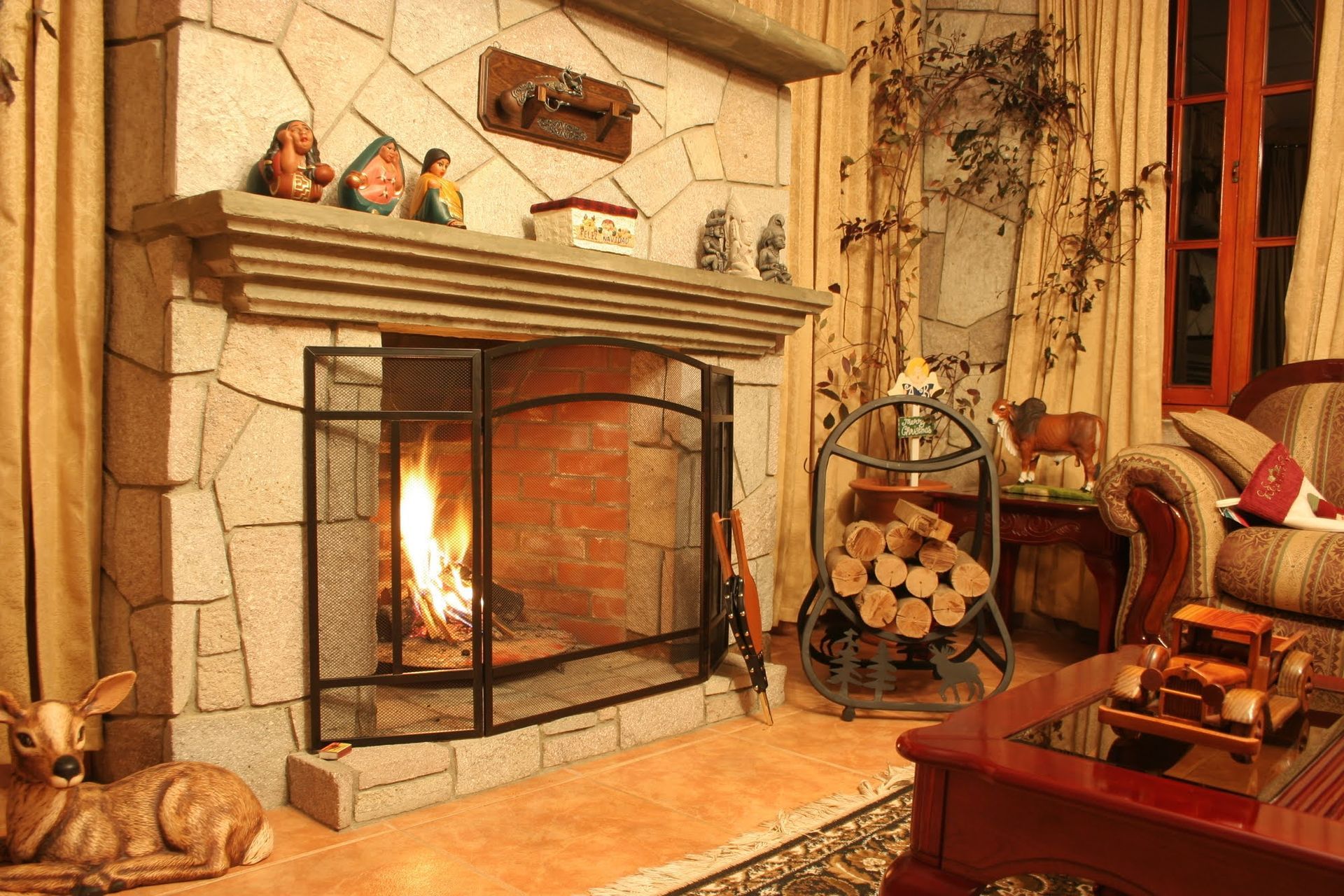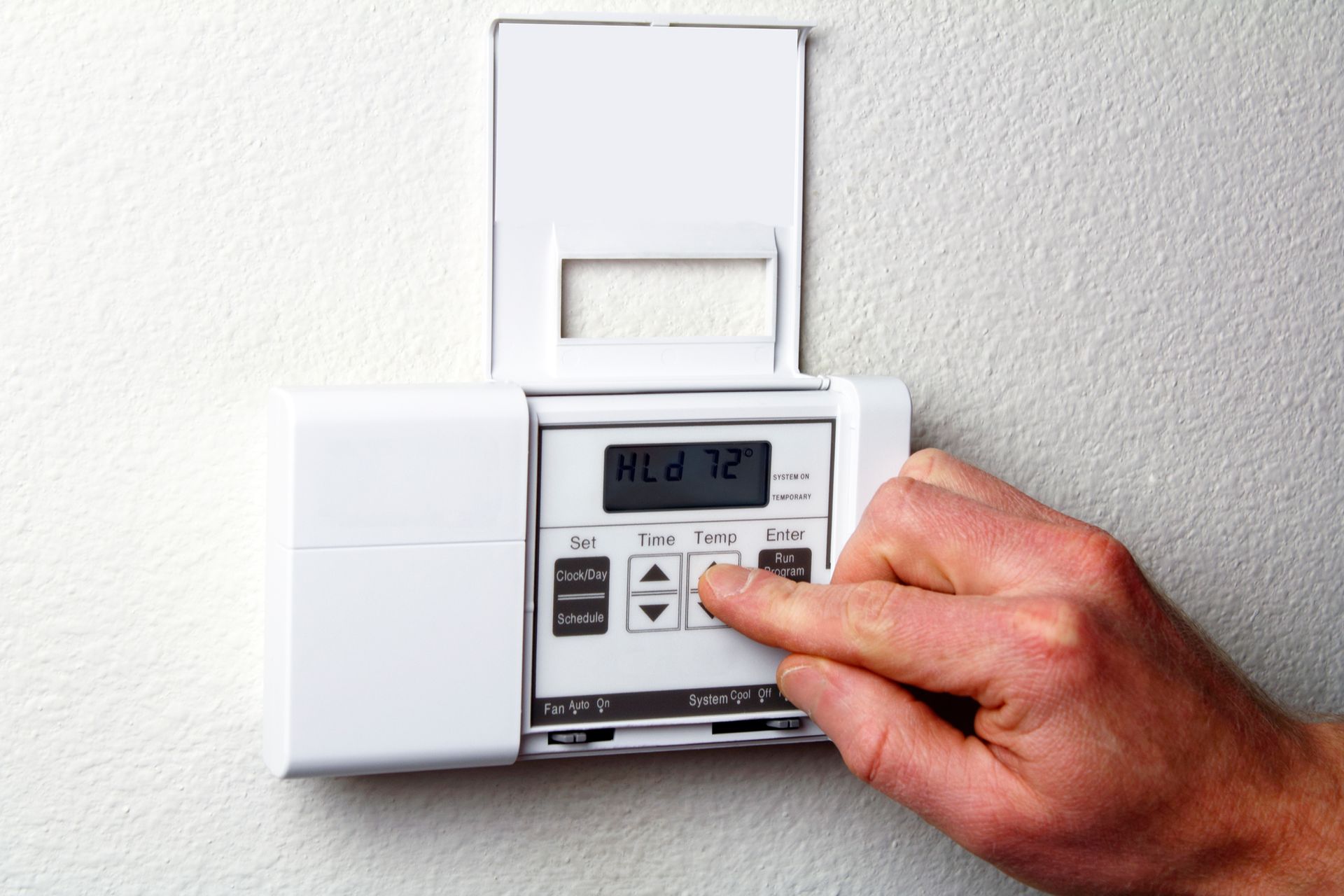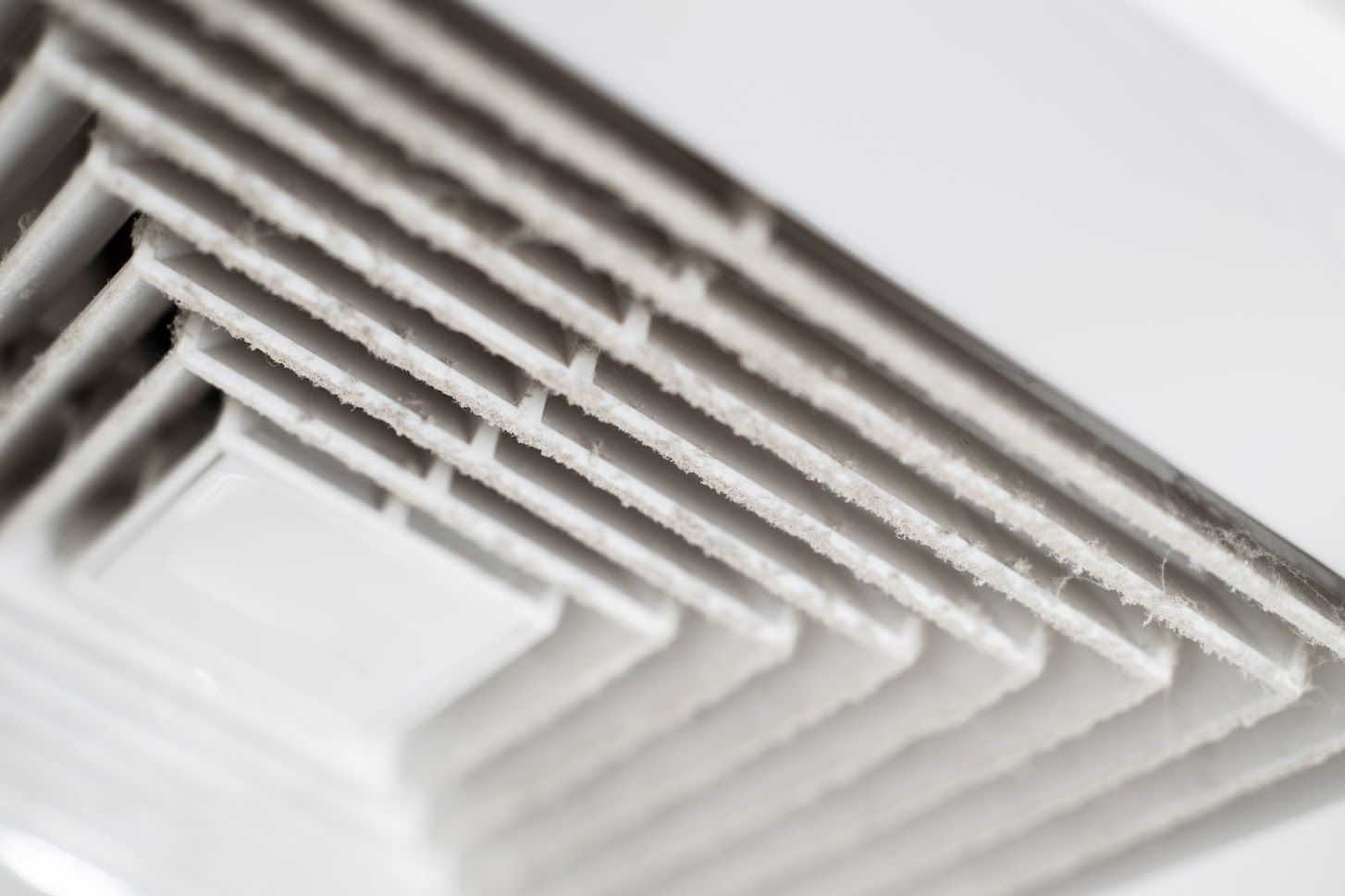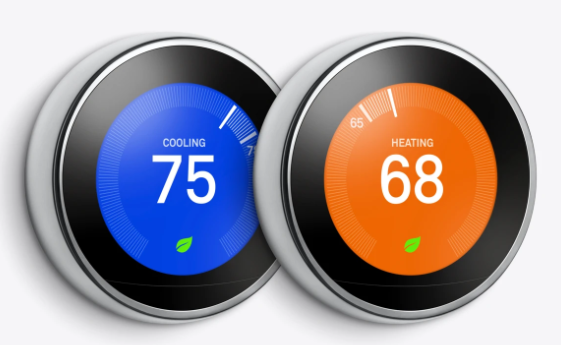Does Your Furnace Have a Damaged Heat Exchanger? 7 Signs to Look For
A heat exchanger is a vital component in a gas furnace because it separates the combustion process and the breathing air in your home and protects you from harmful gases. If the heat exchanger cracks, it could let carbon monoxide into your house. Discover the signs of a faulty heat exchanger below.
1. Strange Odors
A well-functioning furnace with a good heat exchanger doesn't produce odors. If your furnace suddenly releases unusual smells, something is seriously wrong with the heating system. The smell caused by a cracked heat exchanger is similar to that of formaldehyde. The odor is quite distinct, and you should have a heating expert check your furnace immediately.
2. Unusual Sounds
While a furnace makes some noise during regular operation, loud banging and rattling sounds indicate a problem with your heating system. The heat exchanger is made of metal, and when it heats up, any cracks expand and contract and generate loud noises.
A furnace with a cracked heat exchanger is also bound to make more noise during the flow of air and gas. You may even notice the furnace vibrating more than usual when it runs.
3. Soot Buildup
Soot is a byproduct of incomplete combustion that occurs due to cracks in the heat exchanger. Over time, the soot accumulates in and around the furnace burners, so a black carbon layer is a sure sign of a cracked heat exchanger.
However, you can only see the buildup if you disassemble the furnace and remove various key components to reach the gas chamber. You should leave this job to an HVAC professional because a clogged furnace burner is a fire hazard. The expert also knows how to correctly disassemble and assemble your heating system without causing additional damage.
4. Poor Heating
If you always rely on your furnace to supply heat, you may be frustrated if the heating system doesn't blow enough warm air or heat your home consistently. Poor heating occurs due to various reasons, and a damaged heat exchanger is often to blame because it reduces furnace efficiency. In turn, the furnace uses more energy than usual to heat the house, leading to high utility bills.
5. Water Pools Around the Furnace
The cause of water pooling around the furnace largely depends on your kind of furnace. Standard-efficiency furnaces with only one heat exchanger shouldn't have water anywhere. If you suddenly see water leaking from the heating system, the heat exchanger is likely failing. When water pools around high-efficiency furnaces, the draining system has a problem and needs the attention of an HVAC expert.
6. Yellow Flame Color
A steady blue flame indicates that the heat exchanger functions properly. You should be alarmed if the flame turns yellow or orange since it indicates that the heating system is combusting fuel inefficiently. Don't ignore a yellow flame, as you may be exposing your family to hazardous gases. Instead, have an HVAC specialist check the furnace promptly.
7. Carbon Monoxide Alarms Go Off
If you have a gas furnace, your home must have working carbon monoxide detectors. A cracked heat exchanger leaks carbon monoxide into your house, causing the alarms to go off.
Since failed or damaged detectors can fail to detect the presence of the harmful gas, be alert when family members experience flu-like symptoms like headaches, chest pain, weakness, and dizziness. If the gas furnace leaks carbon monoxide, these symptoms only occur in your home or near the heating system and disappear when you leave the house.
If you notice any signs of a damaged heat exchanger, you need to turn off your furnace, leave your home, and call an HVAC technician to avoid carbon monoxide poisoning.
A cracked heat exchanger presents a safety threat to your family, and you shouldn't conduct DIY repairs. Rather, contact us at Alexander Plumbing, Heating & Air Conditioning, Inc., for prompt and specialized heating services.
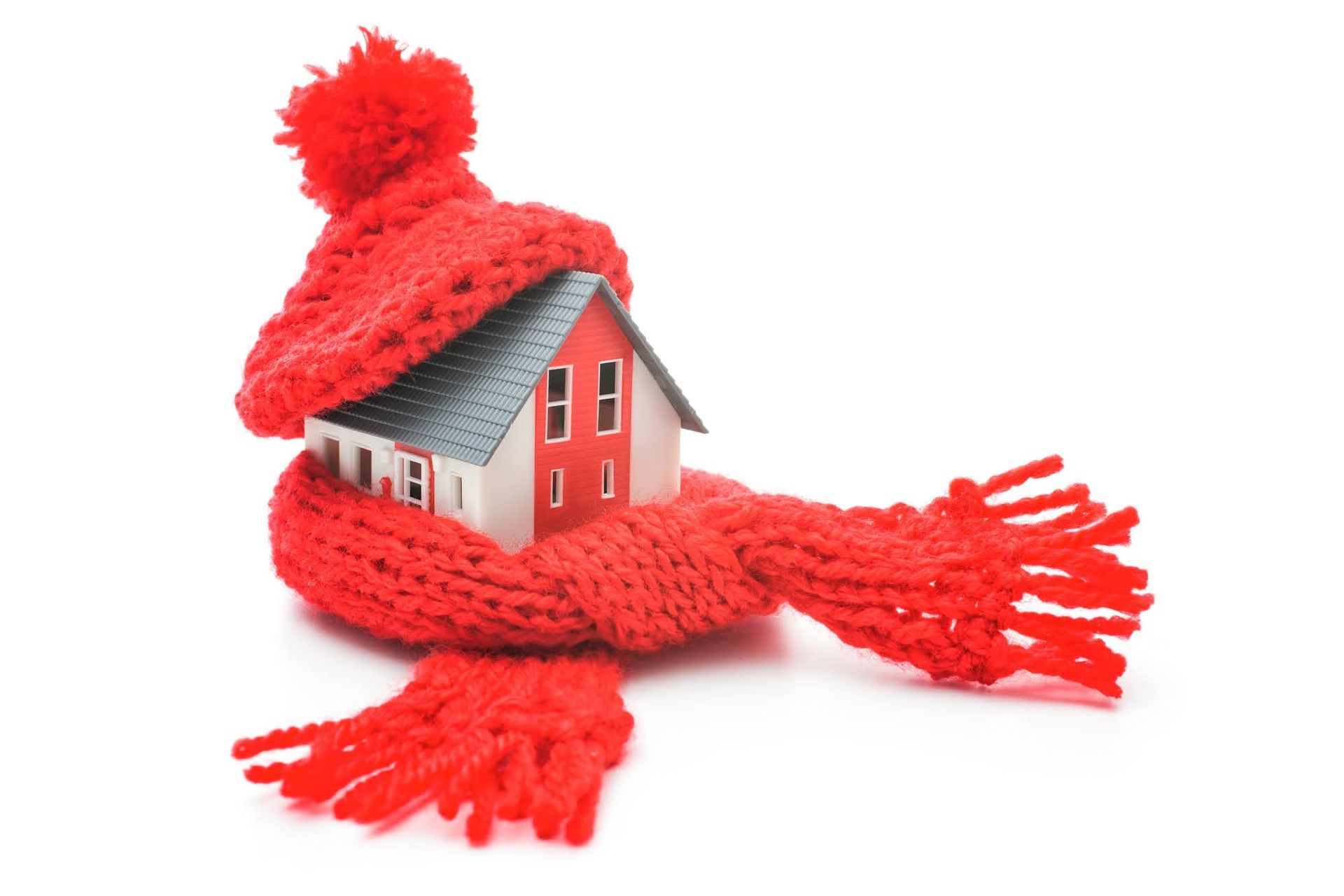





Financing by Wells Fargo. Call for more details.
Like Us On:
Home Improvement #13VH04346700


